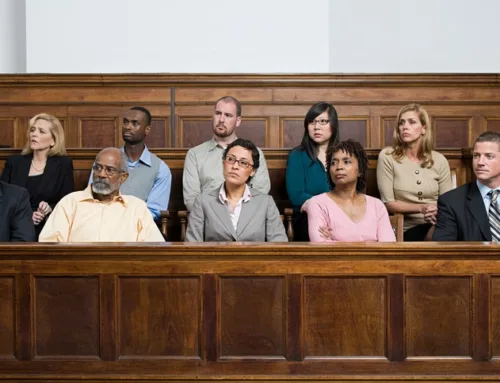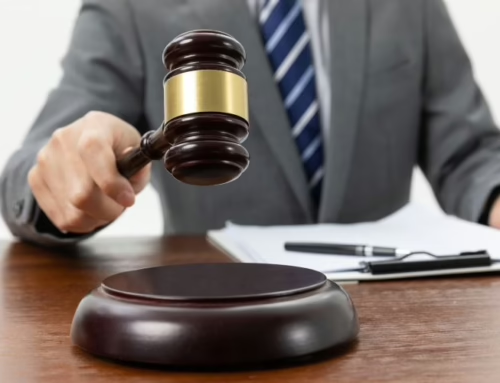Federal law makes it a crime for a person or entity to secretly target or acquire sensitive financial, trade, technological, or economic policy information belonging to an individual or business. The crime is a serious offense that can lead to a federal prison sentence of up to 15 years. Please contact a skilled criminal defense attorney now if you or a loved one is facing any type of federal criminal charge.
What is Economic Espionage Under Federal Law?
The Economic Espionage Act of 1996 (EEA) is the main law against economic espionage. The Act is codified in 18 USC 1831-1839. According to the EEA, “economic espionage” is when you or a business:
- Takes or misappropriates trade secrets and other intellectual property from another person or entity, and
- Does so with the intent or knowledge that the offense will benefit any foreign government, foreign instrumentality, or foreign agent.
The EEA arose after a collection of U.S. employees started sharing technological information with foreign governments. A fear is that the sharing of this information could pose a threat to:
- The national security of the U.S., and
- The economic stability of the U.S.
What are the Penalties?
Economic espionage under federal law is a serious crime. If a person is convicted of the offense, the offender can face:
- Custody in federal prison for up to 15 years, and/or
- A fine of up to $500,000, per each offense.
If a business or organization commits the offense, the entity could be penalized by fines totaling up to $10 million.
Can a Defendant Raise a Legal Defense?
Yes. You have the right to challenge an economic espionage charge with a legal defense. Recall that you are only guilty of this crime if you take some type of intellectual property and use it to benefit a foreign government or foreign agent. A defense, therefore, is to show that your acts did not benefit a foreign entity. But your acts could still rise to some form of theft or misappropriation charge.
Given the complexity of this offense, there are also a host of other defenses that your criminal defense attorney may choose to raise. For example, your defense lawyer could challenge the admissibility of any documents, or other evidence, that federal prosecutors may decide to use against you. Your criminal attorney may also question how well your rights were protected by federal authorities.
Contact Black & Askerov for Help
While a defendant can raise a legal defense to challenge an economic espionage charge, it will take a skilled criminal defense attorney to raise the best defense. The experienced criminal defense attorneys at Black & Askerov have over 30 years of combined experience defending clients on various criminal charges under federal law. Our Seattle criminal defense lawyers also have the skill and commitment that makes all the difference in these cases. Contact us now to get the legal help you deserve!






